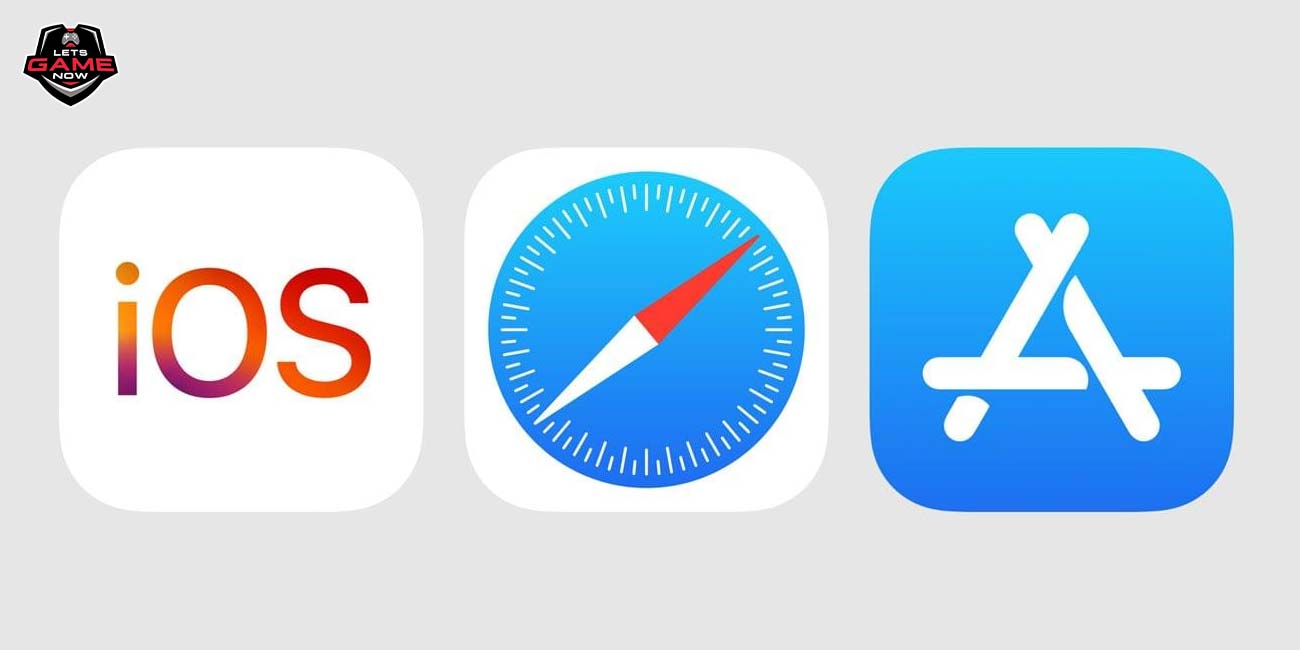


Moin Khot
Jan, 30.2024
Apple has unveiled groundbreaking alterations to its App Store policies, triggering a tidal wave of discontent among global app developers, including industry giants like Epic Games and Spotify. While the impetus behind these changes is Apple's bid to align with the European Union's impending Digital Markets Act (DMA), the response from developers paints a different picture.
This isn't the first skirmish between Apple and app developers. Epic Games, in particular, has a history of clashes with the tech giant, culminating in a legal battle that reached the Supreme Court. The recent uproar over the proposed policy changes suggests a more nuanced narrative beneath the surface.
Apple's Response to the DMA Act
Recently, Apple made public its response to the DMA, introducing pivotal modifications to the App Store. As outlined by Money Control, the DMA mandates that companies boasting over 45 million monthly active users and a market capitalization exceeding 75 billion euros must ensure app compatibility with competitors and grant users the liberty to choose pre-installed apps on their new devices.
Starting March 2024, developers can present alternative app stores on iPhones, bypassing Apple's in-app payment system notorious for its hefty commissions, reaching up to 30%. However, there's a caveat. Even if developers sidestep Apple's payment services, they must subject their apps to Apple's scrutiny for cybersecurity and other internet hazards, incurring a 'core technology fee.'
The sweeping changes will encompass iOS, Safari, and the App Store, impacting users across 27 EU countries. Apple contends that these adjustments are a response to being classified as one of the six 'gatekeeper' companies by the new legislation, joining the ranks of Microsoft, Google, Amazon, Meta, and TikTok.
The legislation aims to facilitate consumer movement between competing services, enforcing interoperability of messaging applications and empowering users with greater control over pre-installed apps on their devices.
Post-DMA: A Glimpse into the Future for iPhone Users
Users now enjoy the liberty to download third-party app stores from external sources. However, developers of these third-party applications must adhere to Apple's notarization process, prioritizing user security against potential threats from third-party sources. This marks a pivotal juncture in the app ecosystem, ushering in an era of transformation and adaptability.
Also read: Fortnite to Return to iOS Devices in 2024 in the European Union
In essence, Apple's response to the DMA is redefining the rules of engagement in the app development landscape, fostering an environment where innovation, security, and user choice intersect. As the winds of change sweep through the tech realm, the true impact of these shifts on developers and users alike remains to be seen.